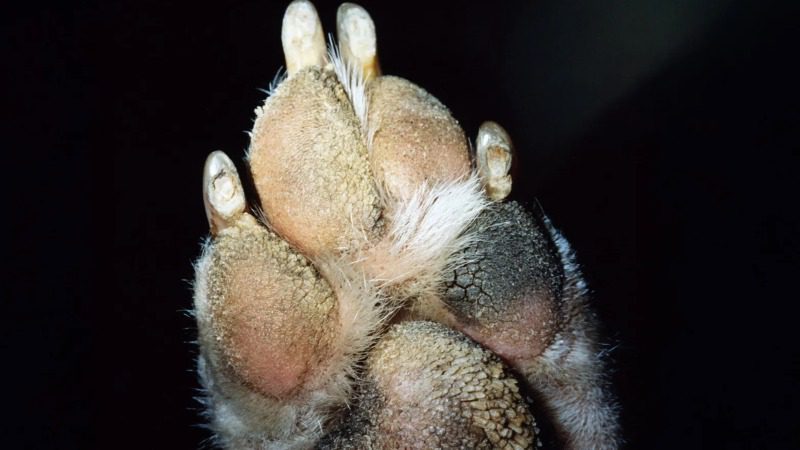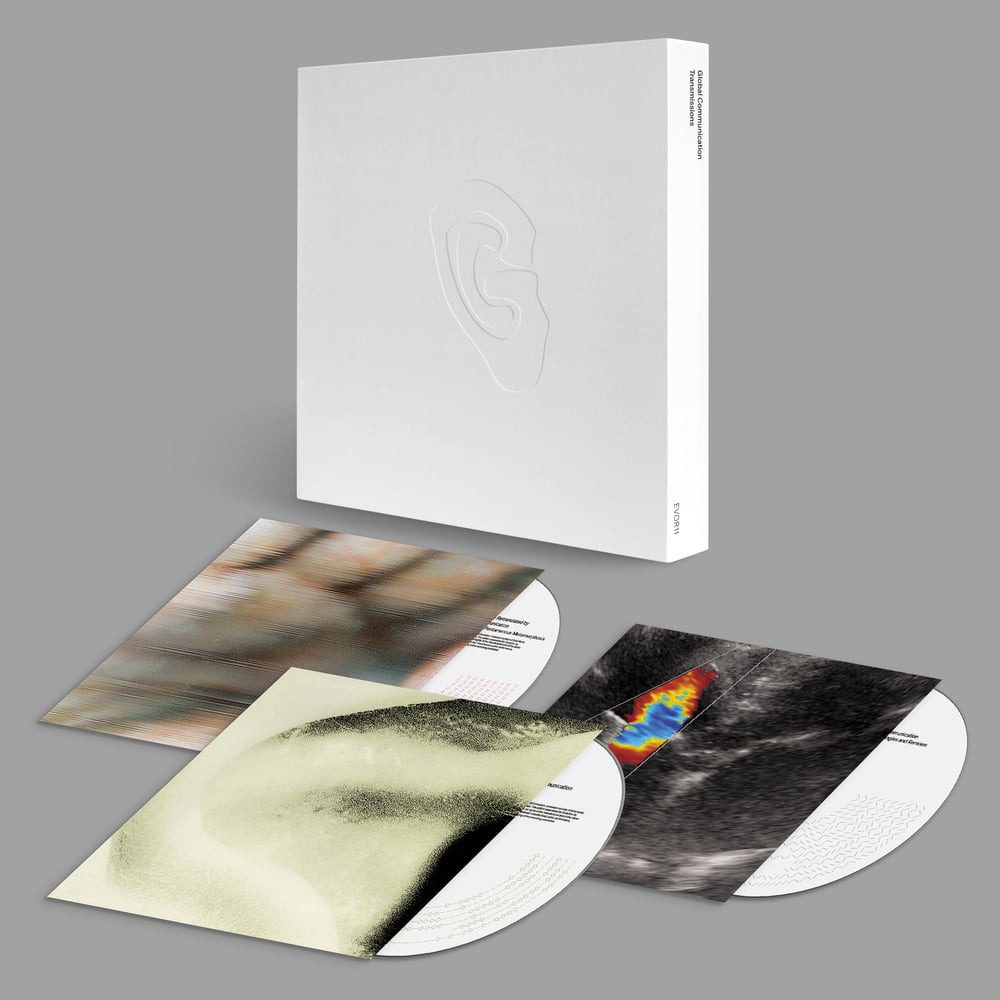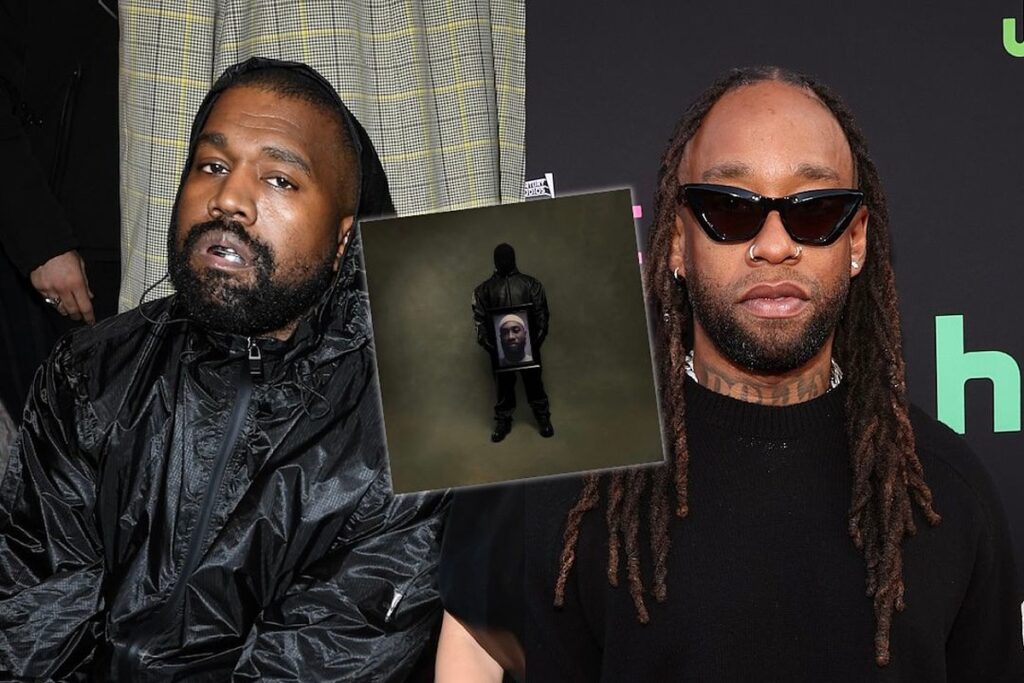It’s been three years since Girlpool, the DIY indie-rock duo fronted by Avery Tucker and Harmony Tividad, went their separate ways. Though their breakup was amicable, their disbanding is still deeply felt. The two built a niche yet passionate following since their start, emerging with compellingly lo-fi and small-scale ambitions on 2014’s Before the World Was Big and 2017’s Powerplant before evolving into more serious and exploratory territory on 2019’s What Chaos Is Imaginary and 2022’s Forgiveness. Keeping everything glued together was Tucker and Tividad’s ironclad bond as vocalists, songwriters, and friends. Even when Tucker transitioned in 2017 and his voice subsequently dropped, such a change managed to give even greater range and depth to their dynamic, with Tucker’s unwavering Elliott Smith-like tenor balancing ably against Tividad’s light, pleasant coo.
After their split, which was precipitated by Tucker’s desire to make music on his own, it remained to be seen just what exactly the two would do without each other. Tividad went in an unexpected direction, axing off her last name and going hyperpop on her solo debut, last year’s Gossip. Despite her admirable attempt to stray away from what people would expect from her post-Girlpool, the album itself felt disappointingly shallow, a gimmicky pastiche of recession-era club pop lensed through 2020s brainrot. Tucker, on the other hand, went in the opposite direction, burrowing himself deeper in the grungy, raw side of Girlpool’s versatile sound for his solo LP Paw. The album retains traces of the cozy, delicate production and observational, intimate lyrics that characterized the Girlpool aesthetic, but the grief and earnestness bubbling underneath Tucker’s stylistic touches establish his artistic aspirations a little more clearly and effectively than his former bandmate.
Paw has a haunted, earthy quality fitting for an autumnal release, its country-tinged guitar riffs and shoegaze-adjacent ambiance viscerally reflecting the melancholy that defines the season, as well as the Montana setting where part of the album was recorded. Tucker grounds his misty, wistful sonic landscape with the sheer power of his voice, oscillating between a whispery snarl and a full-throated yelp, often in the same song. That mix of grit and vulnerability extends to the complicated feelings Tucker wrestles with throughout the record: self-criticism, dissolved connections, and the painful pull of the past. In a way, Paw acts as a solemn epilogue to Forgiveness, which explored similar themes and also carried a mournful tone but experimented a bit more with its production. On Paw, Tucker stands firmly and confidently in the plaintive, edgy tone of his work, confronting his demons head-on and letting the messy emotional residue wash over him.
That much at least is true on the angsty opener “Like I’m Young,” a tender-turned-guttural ballad where Tucker ruminates about the eroticism and awkwardness of being sexually vulnerable with another person. He slowly builds the back-and-forth of his anxieties towards a cathartic roar of an ending, guitars blaring and distortion crackling as Tucker cries out, “You know you make it feel infinite / How far I am from being a man!” While the abstracted arrangement of the lyrics is difficult to parse on a surface level, Tucker’s grappling with his gender and sexuality informs the rest of the album’s exploration of how his identities have affected his relationships with his friends, his significant others, and his own sense of self.
Throughout the rest of Paw, Tucker weaves intimate details about his insecurities across a warm array of twang-heavy instrumentation. Despite its well-made craft and thematic cohesion, the record sometimes plays a little too lugubriously, its consistently somber mood rarely letting up. Perhaps levity isn’t exactly needed for a record this straightforwardly and nakedly personal, but humor and buoyancy were the key elements that made Girlpool so appealing and what made the darker, more dramatic subject matter of some of their songs so accessible. The absence of it here, coupled with the album’s lack of sonic variety, somewhat flattens the impact Tucker seems to be aiming for.
And in those moments where Paw feels almost oppressively heavy, one yearns for Tividad’s soft voice to pop up to offset some of that intense weight. Luckily, there are instances where Tucker gets some crucial outside help to give the despairing atmosphere some breathing room. MUNA’s Katie Gavin provides background vocals on the duet “Angel,” as do co-producer Alaska Reid on the reverb-heavy, Julee Cruise-like standout “Rust” and Porches’ Aaron Maine on the poignant “Baby Broke.” “Rust,” in particular, illuminates the best of Tucker’s singing and songwriting, its title serving as a vivid metaphor for Tucker’s ambivalence about trusting that there’s a reason for the neglect they’ve faced. “Can you learn to love what’s happened to you?” Tucker belts on the song, a striking lyric on its own that also acts as a powerful thesis for Paw. Is it, in fact, possible to embrace the bad things that you’ve experienced without letting them define who you are? How and when does that happen and how do you protect yourself when there’s a chance it could happen again?
These questions do a solid job of immersing us in Tucker’s process of trying to make sense of his circumstances, even if these questions don’t get as rich or palpable a payoff. Like with Tividad, it’s admirable to see Tucker try something that both honors the versatility and ambition of his past output and signals a potentially exciting new creative route. And even though Paw isn’t quite as affecting as it clearly wants to be, it still manages to contain a few promising sparks that suggest a more stirring work from Tucker down the line.
Sam Rosenberg is a filmmaker and freelance entertainment writer from Los Angeles with bylines in The Daily Beast, Consequence, AltPress and Metacritic. You can find him on Twitter @samiamrosenberg.




